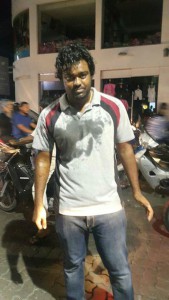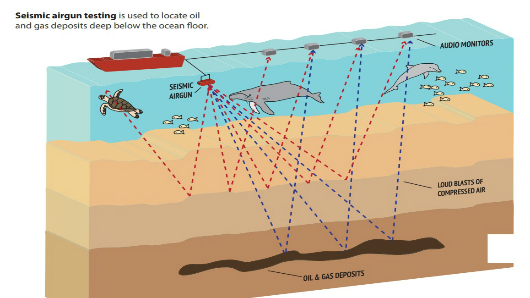Opposition Maldivian Democratic Party (MDP) protesters were beaten and doused with petrol and water mixed with chili powder last night.
Minivan News journalists observed four young men on motor cycles charge into a crowd of protesters gathered in front of the MDP office on Sosun Magu at 9:45pm. They kicked protesters and slapped a middle-aged man in the face when he told them to leave.
The young men rode off within five minutes.
The opposition party has held daily protests since February 10, first against President Abdulla Yameen’s alleged breaches of the Constitution, and later against the arrest and sentencing of former President Mohamed Nasheed.
Nasheed was convicted of terrorism over the January 2012 military detention of Criminal Court Chief Judge Abdulla Mohamed, and jailed for 13 years on March 13.
At 11:00pm, another group of eight men attacked protesters as they marched near the Malé City Council office and doused protesters with a mixture of petrol, crude oil and chilli powder.

A journalist with Island TV, Ahmed Anwar, said he too was attacked by gangsters and said the group had singled out women in the crowd
“The protesters were heading to the Usfasgandu area when the gangs suddenly charged into the crowd. They threw petrol, crude oil and some kind of pepper mixed with water on us. They singled out the women in the crowd. A woman standing next to me had both crude oil and chili powder on her,” he told Minivan News.
Anwar said the police watched on as gangsters attacked protesters. When the crowd apprehended one of the young men, the police escorted him out of the crowd and released him, Anwar alleged.
However, the police did detain a young man who attacked the protesters around 12:00am, he said.
Maldives Media Council member, Miusam Abbas, was also doused with petrol and crude oil.
“I was with the members of the press. We were trying to get to the back of the crowd when the gangsters threw crude oil and petrol on me,” he told Minivan News.
According to the Maldives Police Services, three men and two women were arrested from the protest last night. They included individuals who had attempted to disrupt the protest, the police said, but declined to give further details.
Last Sunday, a group of eight men wielding knives threatened protesters and vandalised a party lorry and its sound system ahead of the night’s protest. A group of six attacked protesters and journalists on February 27 and cut off Raajje TV’s live feed.
Vice President of the Human Rights Commission of the Maldives, Ahmed Tholal, in a tweet last night urged the “authorities to ensure safety of people exercising a constitutional right.”
Strongly condemn harassment of protestors. Urge strongly that authorities ensure safety of people exercising a constitutional right.
— Ahmed Tholal (@Tholman_79) March 17, 2015
In a statement today, the MDP condemned “the continuing attacks on MDP protesters” and accused government officials of perpetrating the attacks.
“These groups, with the backing of government officials, are attacking and intimidating protesters with machetes and other dangerous weapons. The people who attack us have full confidence they would be released,” the statement read.
The opposition party further alleged the police arrested peaceful protesters instead of taking action against those who disrupted protests.
The MDP called on the Human Rights Commission and the Police Integrity Commission to investigate the police’s inaction.
Meanwhile, a group attempted to break into former MDP MP Hamid Abdul Ghafoor’s home last night. They broke the lock and vandalised the door.
Hamid, also the MDP’s international spokesperson, is in Colombo at the moment.
The opposition-dominated Malé City Council has also expressed concern over “police negligence” in protecting protesters and failure to arrest gangsters who attack protesters.
“The police are acting as if they support the gangs’ actions,” the statement said.
Related to this story:
Artists protest exclusion of Nasheed paintings from Minivan50 exhibition
Eight gangsters threaten MDP protesters with knives, vandalise lorry and speaker systems
10,000 protest in Malé, call for President Yameen’s resignation
 (0)Dislikes
(0)Dislikes (0)
(0)